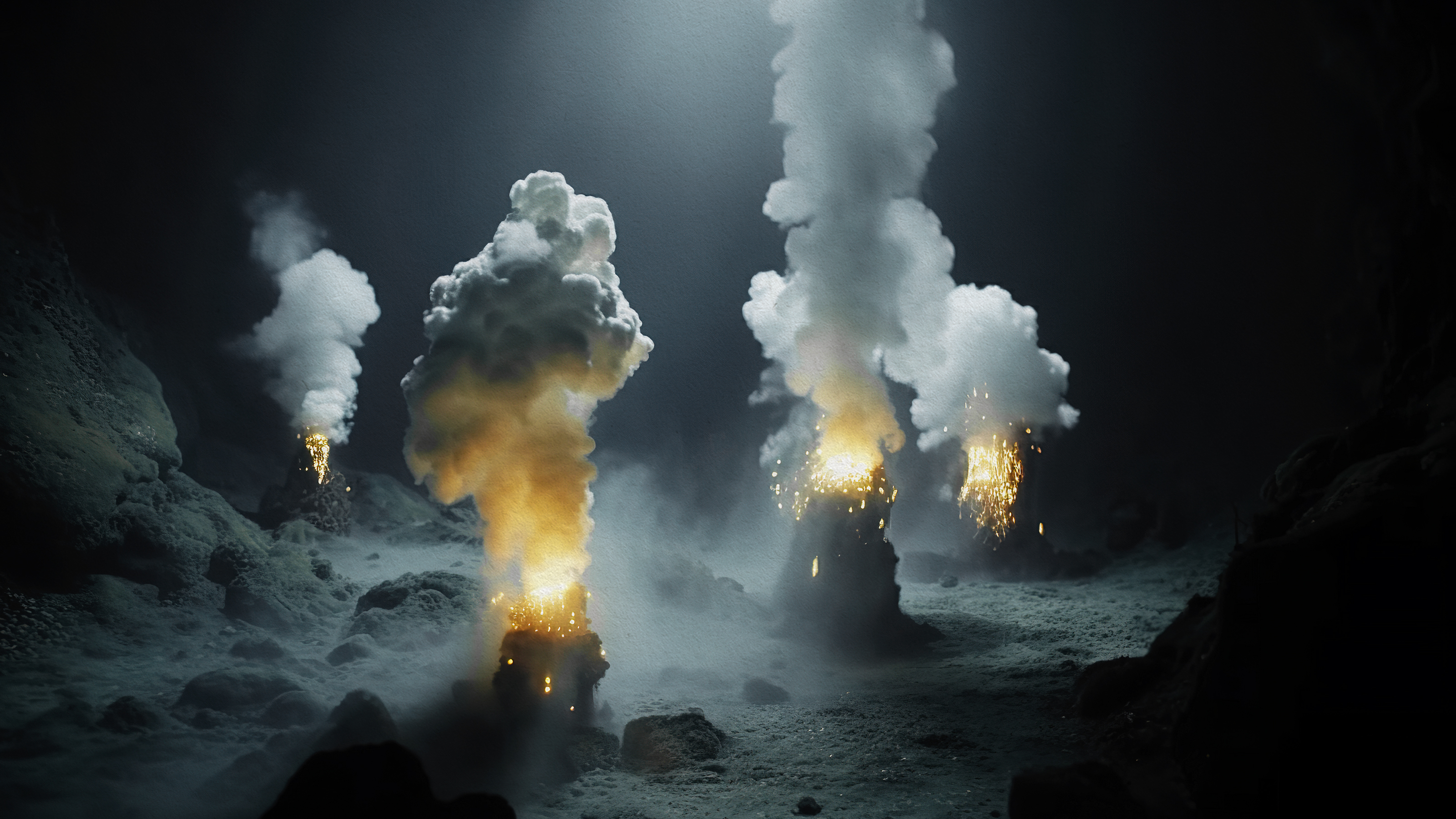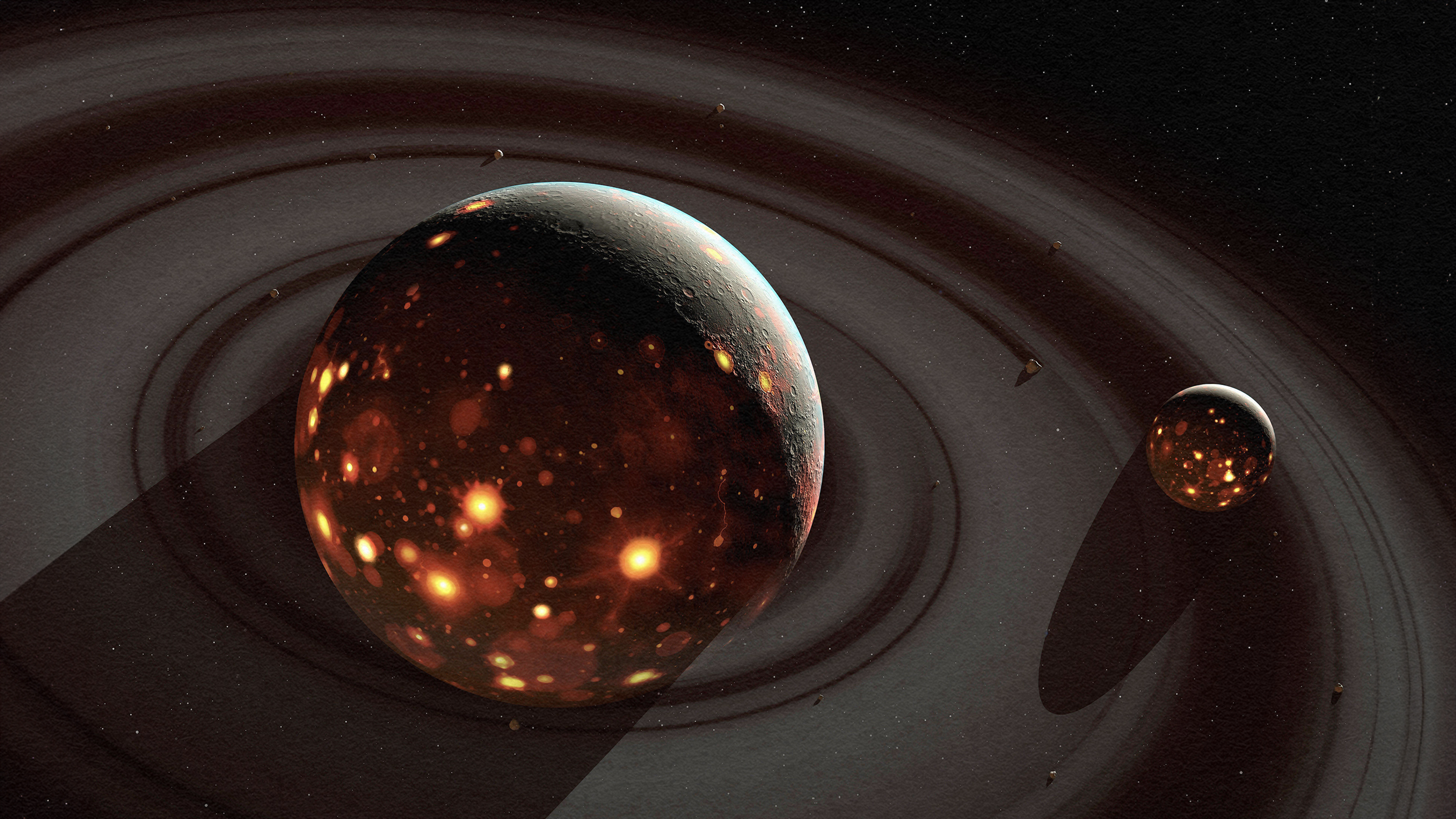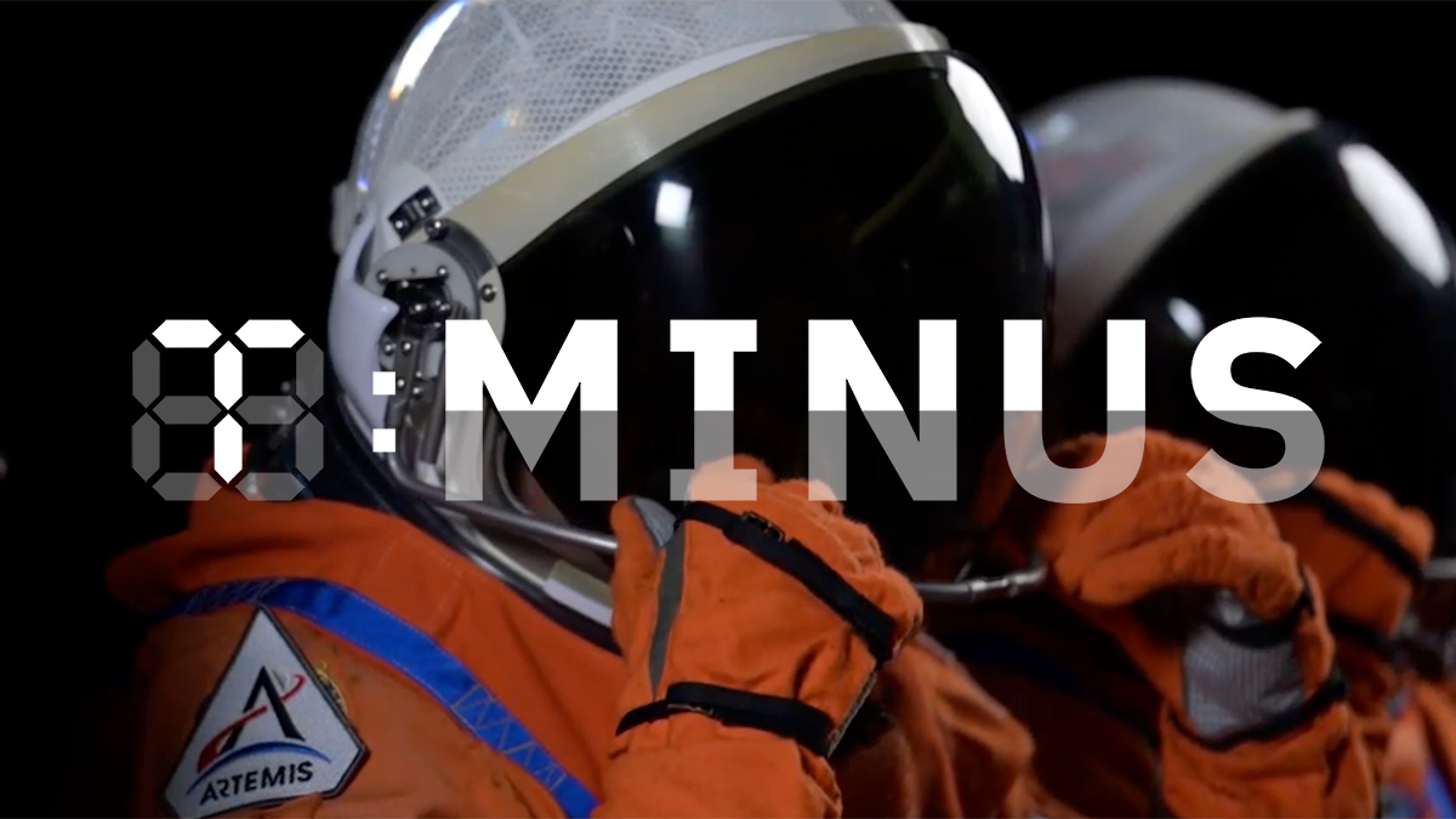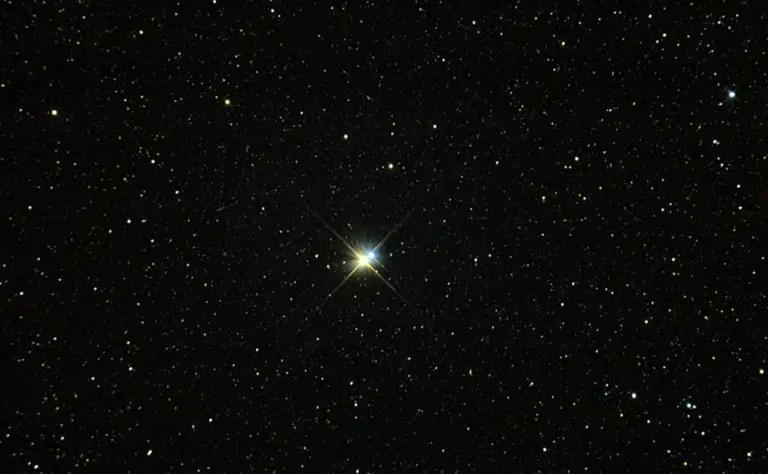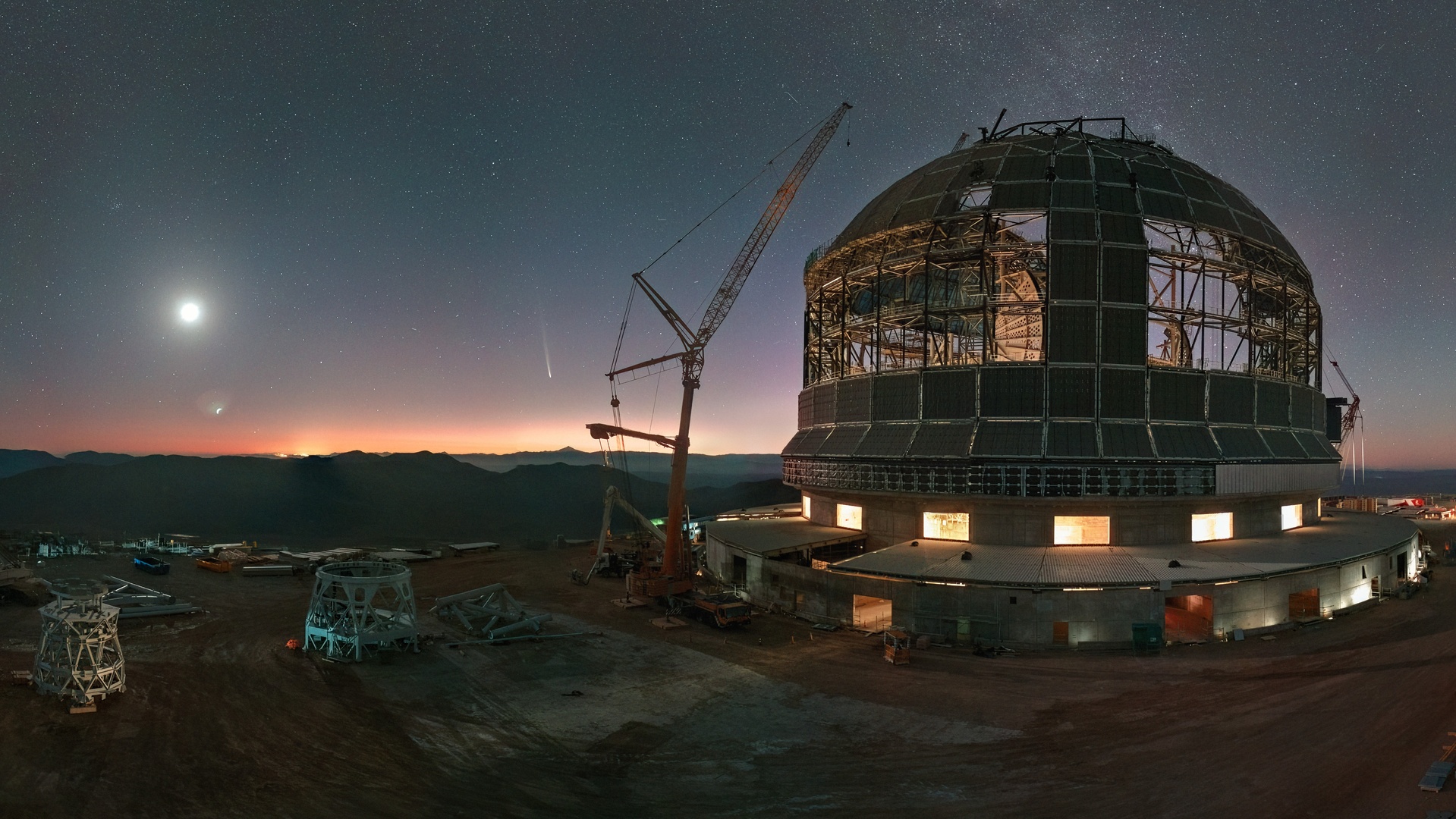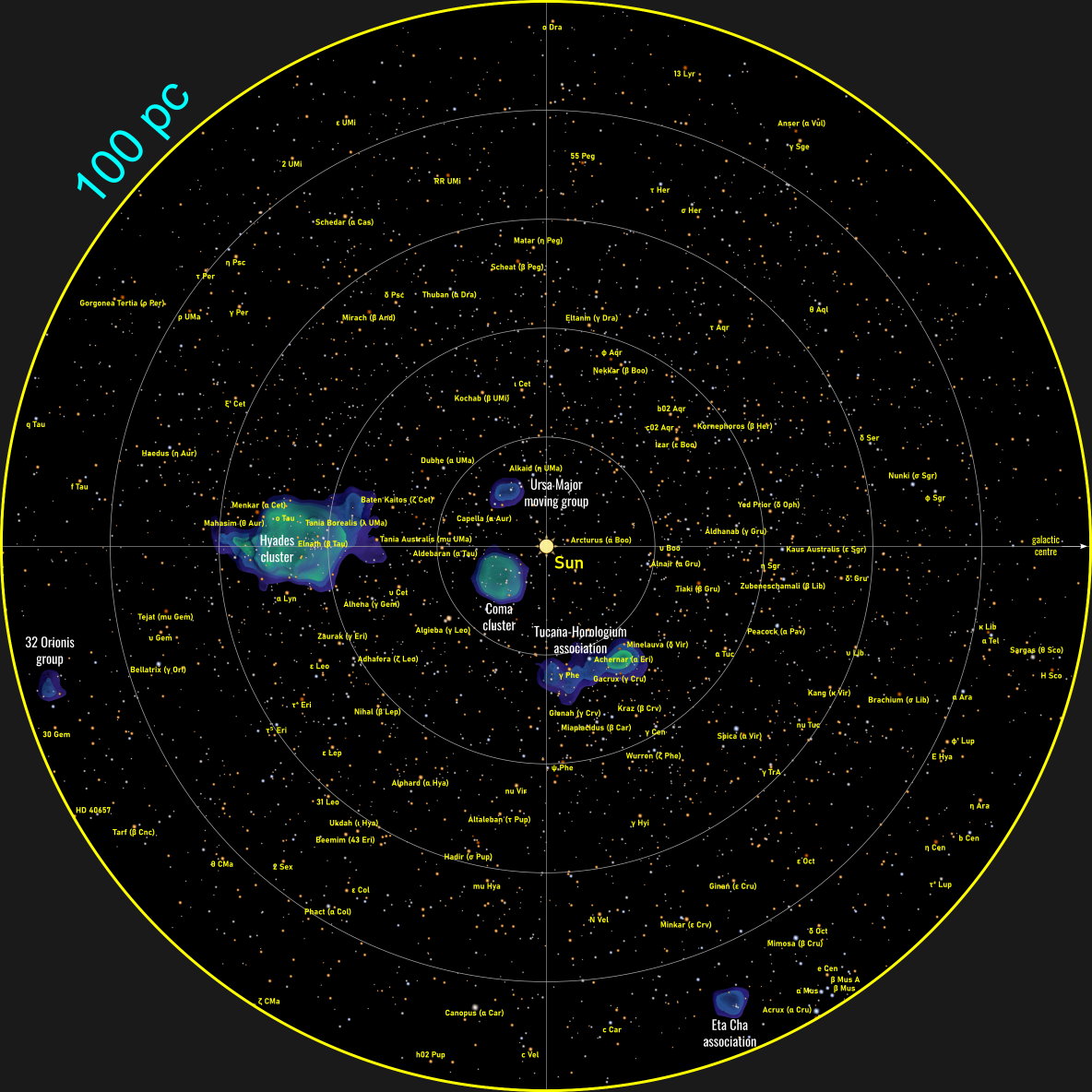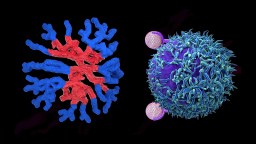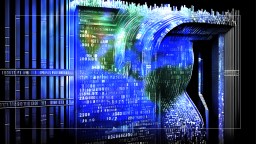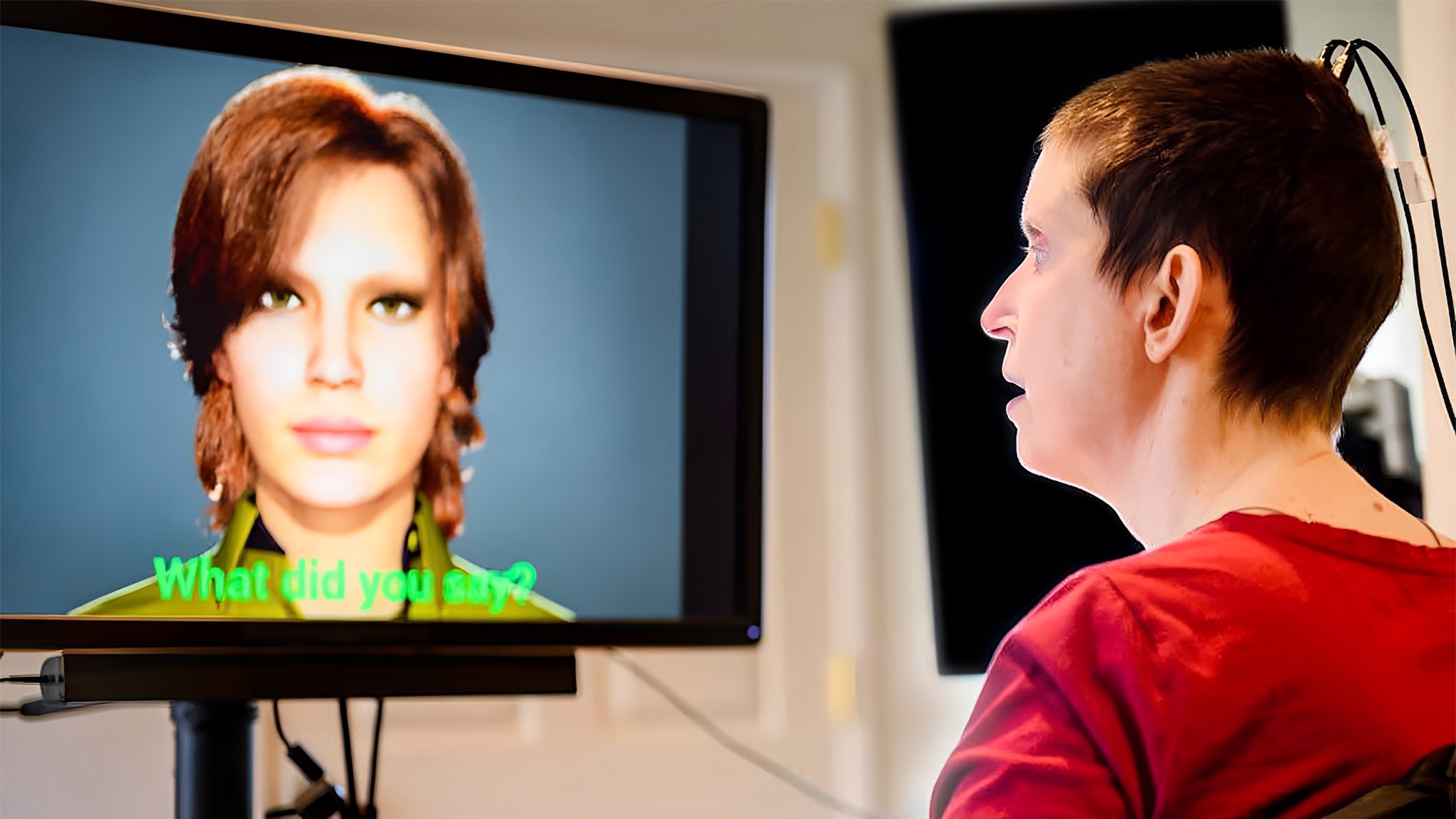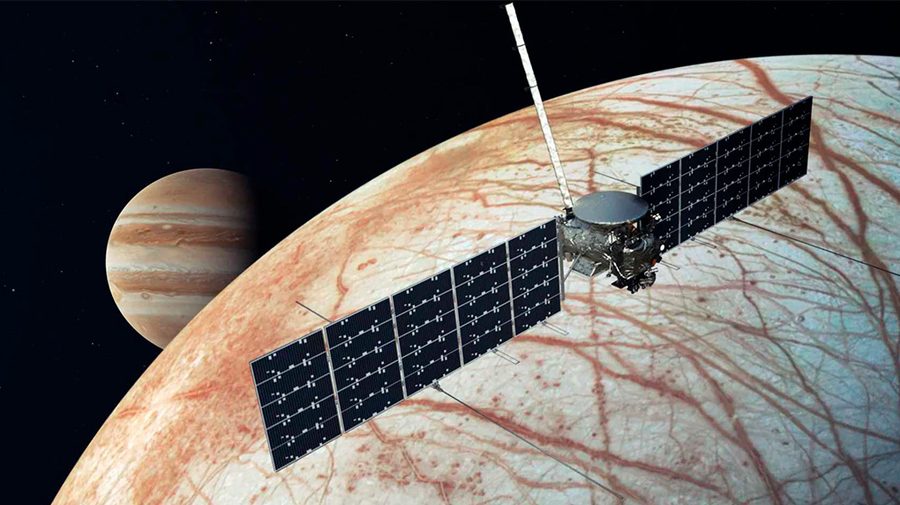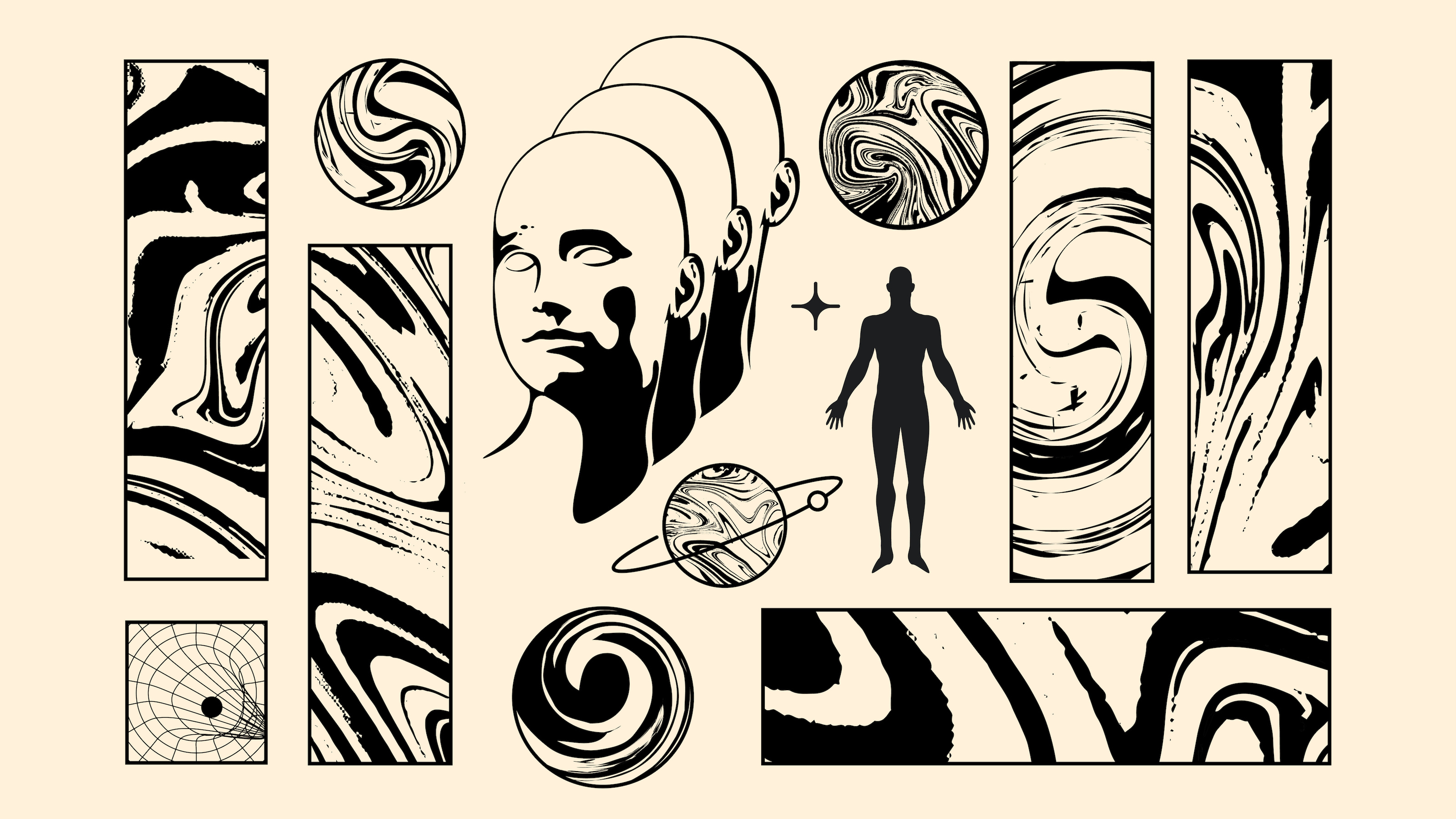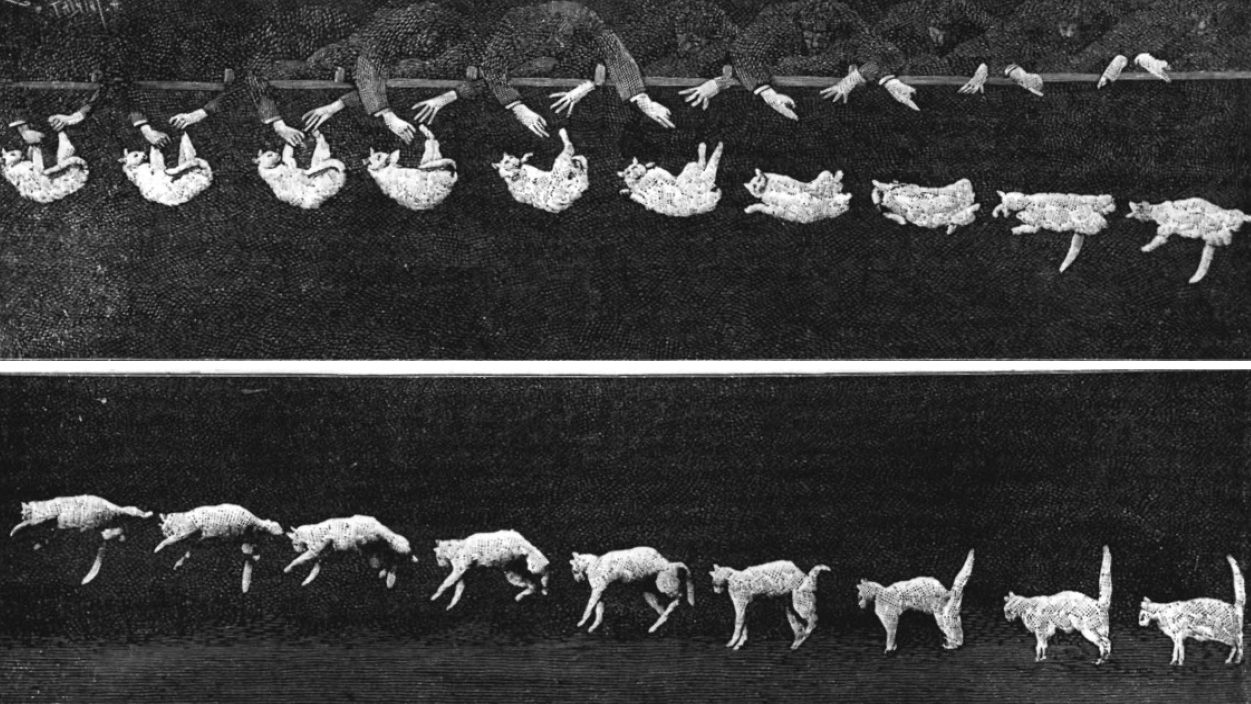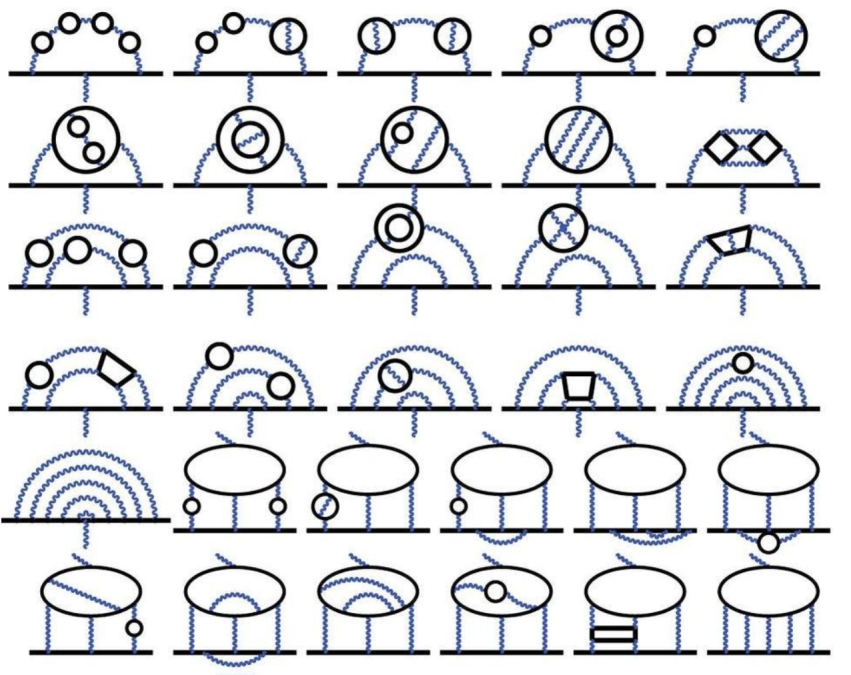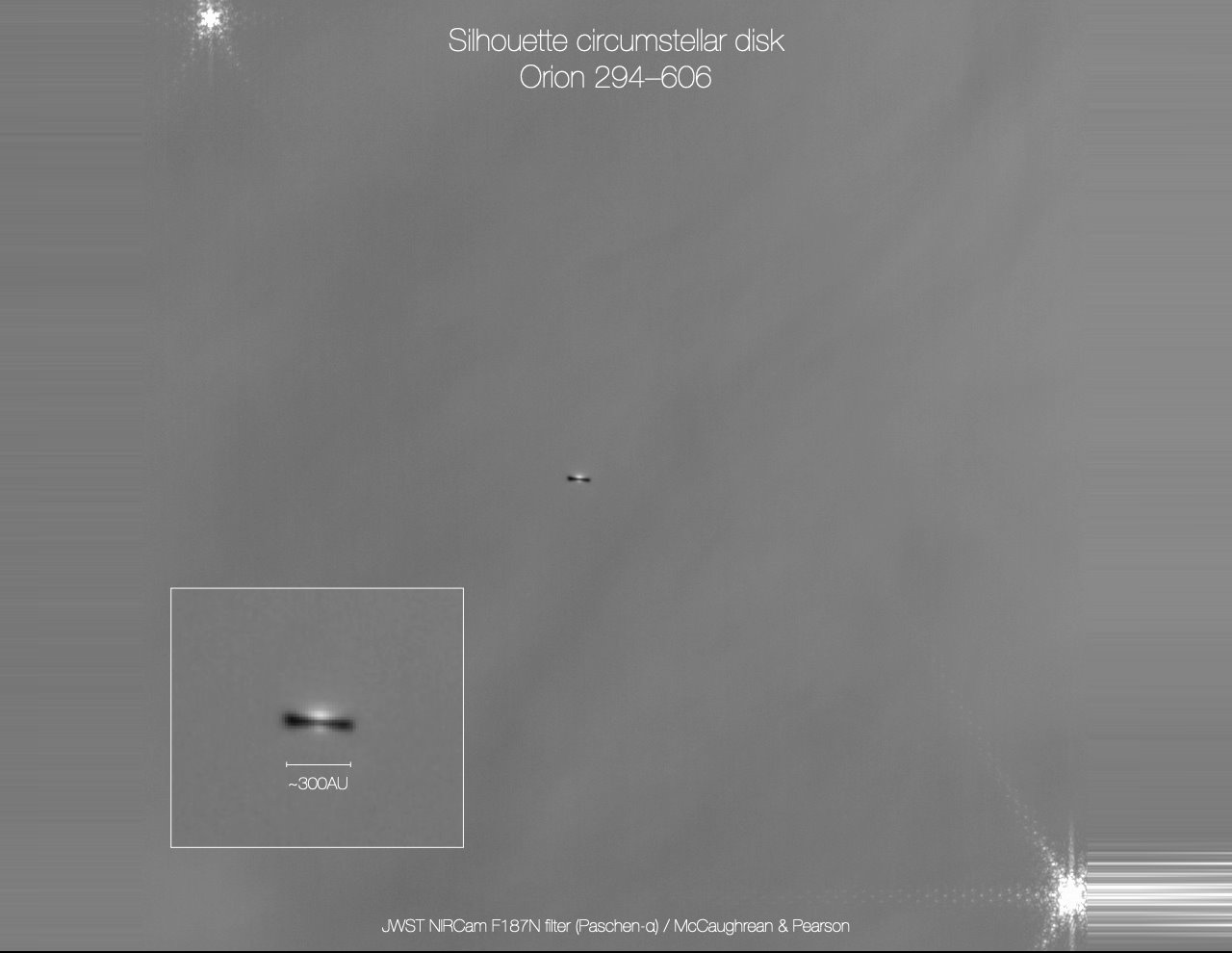Origin of life studies have always focused on a set of strict environments that could give rise to life. Ante-life opens new possibilities.
Search Results
You searched for: Systems
Our cosmic home, planet Earth, has been through a lot over the past 4.5 billion years. Here are some of its most spectacular changes
These missions will put us one step closer to the ultimate goal: crewed trips to Mars.
The standard picture of our Universe is that it’s dominated by dark matter and dark energy. But this alternative is also worth considering.
Comet A3, also known as Comet Tsuchinshan-ATLAS, has sprung to life since 2024’s last equinox. Here’s how to catch the show for yourself.
Welcome to The Nightcrawler — a weekly newsletter from Eric Markowitz covering tech, innovation, and long-term thinking.
It’s the very closest stars to us that hold the key to unlocking the possibilities for life in star systems all throughout the Universe.
What if AI could tell us we have cancer before we show a single symptom? Steve Quake, head of science at the Chan Zuckerberg Initiative, explains how AI can revolutionize science.
▸
5 min
—
with
Based on the atoms that they’re made out of, the innermost planet should always be the densest. Here’s why Earth beats Mercury, hands down.
This network physicist is mapping the world’s most significant data to create the most beautiful visualizations of information we have ever seen.
▸
7 min
—
with
While humanity has been skywatching since ancient times, much of our cosmic understanding has come about only recently. Very recently.
The brain implant lets her talk four times faster than the previous record.
Some neuroscientists question whether the body can “keep score” of anything in a meaningful way.
It’s a problem on both sides of the political divide.
MIT Scientist Jason Soderblom describes how the NASA mission will study the geology and composition of the surface of Jupiter’s water-rich moon and assess its astrobiological potential.
The cosmic microwave background offers clues.
Tech entrepreneur Alvin Wang Graylin sketches out a bold new age of AI-led enlightenment underscored by compassion.
“Stargate” could be used to train the world’s most powerful AIs.
Life arose on Earth early on, eventually giving rise to us: intelligent and technologically advanced. “First contact” still remains elusive.
Americans are getting older, and so are traditional healthcare methods. CEO of Northwell Health Michael Dowling shares his take on how we can develop the best care for our elderly loved ones.
▸
4 min
—
with
Testing is an attempt to measure intelligence. But is intelligence really what’s getting measured? A neuroscientist weighs in:
▸
2 min
—
with
The Knights Templar were not only skilled fighters, but also clever bankers who played a crucial role in the development of Europe’s financial systems.
Cats twist and snakes slide, exploiting and negotiating physical laws. Scientists are figuring out how.
Discover how Quantum Bayesianism challenges traditional quantum mechanics by focusing on the role of the observer in creating quantum reality.
A game that challenges pedestrians to avoid detection by an AI could help train tomorrow’s self-driving cars.
The threats Mars astronauts face — and how NASA is working to solve them.
How (not) to end up in the ash heap of history.
Scientists may have detected the somewhat smelly chemical dimethyl sulfide on a planet 120 light-years from Earth.
No matter what physical system we consider, nature always obeys the same fundamental laws. Must it be this way, and if so, why?
With its first view of a protoplanetary disk around a newly forming star, the JWST reveals how alone individual stellar systems truly are.
